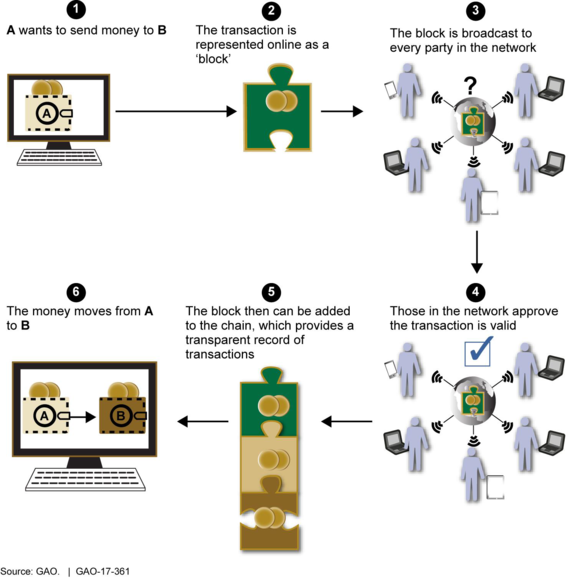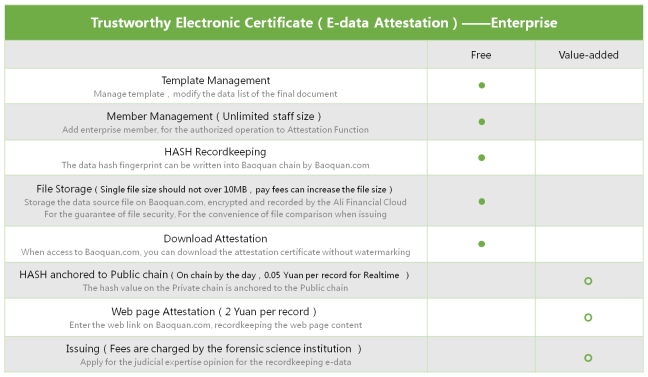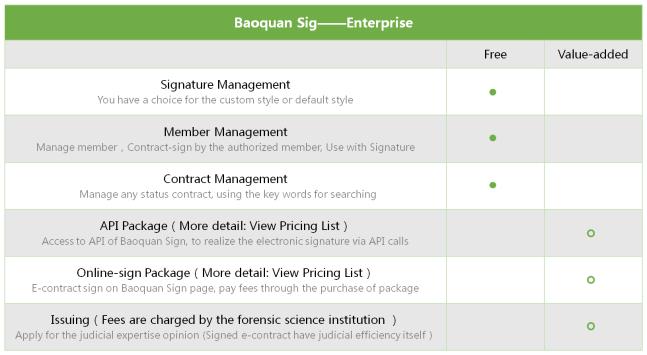Blockchain technology was born out of Bitcoin. In 2008, Satoshi Nakamoto penned a white paper entitled “Bitcoin: A Peer-to-Peer Electronic Cash System.” In addition to describing the digital currency, Bitcoin, the paper also described the blockchain technology that supported it and would prevent individuals from spending their bitcoin more than once. In brief, a blockchain is a digital ledger that is distributed across a network of replicated databases known as nodes. Once a digital transaction is carried out, that transaction is grouped with other transactions and transmitted to the network.

Blockchain technology has many advantages.
Advantages of blockchain technology
- Disintermediation & trustless exchange
Two parties are able to make an exchange without the oversight or intermediation of a third party, strongly reducing or even eliminating counterparty risk. - Empowered users
Users are in control of all their information and transactions. - High quality data
Blockchain data is complete, consistent, timely, accurate, and widely available. - Durability, reliability, and longevity
Due to the decentralized networks, blockchain does not have a central point of failure and is better able to withstand malicious attacks. - Process integrity
Users can trust that transactions will be executed exactly as the protocol commands removing the need for a trusted third party. - Transparency and immutability
Changes to public blockchains are publicly viewable by all parties creating transparency, and all transactions are immutable, meaning they cannot be altered or deleted. - Ecosystem simplification
With all transactions being added to a single public ledger, it reduces the clutter and complications of multiple ledgers. - Faster transactions
Interbank transactions can potentially take days for clearing and final settlement, especially outside of working hours. Blockchain transactions can reduce transaction times to minutes and are processed 24/7. - Lower transaction costs
By eliminating third party intermediaries and overhead costs for exchanging assets, blockchains have the potential to greatly reduce transaction fees.
And also has many challenges.
Challenges of blockchain technology
- Nascent technology
Resolving challenges such as transaction speed, the verification process, and data limits will be crucial in making blockchain widely applicable. - Uncertain regulatory status
Because modern currencies have always been created and regulated by national governments, blockchain and Bitcoin face a hurdle in widespread adoption by pre-existing financialinstitutions if its government regulation status remains unsettled. - Large energy consumption
The Bitcoin blockchain network’s miners are attempting 450 thousand trillion solutions per second in efforts to validate transactions, using substantial amounts of computer power. - Control, security, and privacy
While solutions exist, including private or permissioned blockchains and strong encryption, there are still cyber security concerns that need to be addressed before the general public will entrust their personal data to a blockchain solution. - Integration concerns
Blockchain applications offer solutions that require significant changes to, or complete replacement of, existing systems. In order to make the switch, companies must strategize the transition. - Cultural adoption
Blockchain represents a complete shift to a decentralized network which requires the buy-in of its users and operators. - Cost
Blockchain offers tremendous savings in transaction costs and time but the high initial capital costs could be a deterrent.
A focus on decentralized insurance applications
Etherisc aims to make the purchase and sale of insurance more efficient, enable lower operational costs, provide greater transparency to the insurance industry, and democratize access to reinsurance investments. The company co-founders have deep backgrounds in mathematics, research, the banking and finance sectors, and enterprise IT.
As to any type of insurance policies, there are a number of key considerations. Do the policies exclude coverage for cryptocurrencies or digital assets? Are cryptocurrencies or digital assets affirmatively included in coverage (e.g., in the definition of money in crime policies or cyberextortion policies)? Are there electronic data exclusions? Are contractual exposures excluded? In addition, it is crucial to examine whether there is the ability to transfer risk through contracting with third parties rather than relying solely on insurance.

Zhejiang Shuqin Technology Co., Ltd was founded on 2016, is a blockchain based R&D and application service provider. Core team started the research of cryptocurrency and non-currency blockchain applications since 2013, and have made certain effort on the aspects such as blockchain infrastructure, consensus algorithms, digital assets exchange, trustworthy electronic certificate, etc. Based on the practical experiences and team experts, Shuqin tech has discovered a new way for blockchain technology to be applied on real user cases. Shuqin tech has developed an open middle tier, by fusion up the technical advances for blockchain and overcome the capacity issue of public blockchain we provided a “Blockchain+” technical solutions, and established a trustworthy electronic certificate service platform – Baoquan.com.
Gifts for You
NO.1:【Free Recordkeeping】NO.2:【Sign up for rewards】
Step 1: Enter into Baoquan.com, then sign up as a member of Baoquan.com
Step 2: Enter into “Account”, Click the fourth icon “”, enter “73FK3F”, then you can own the cash coupon “¥88”as rewards.
Notice: This cash coupon can be used in the services of download TEC(Trustworthy Electronic Certificate), e-data attestation, socialized verify.
NO.3:【Free Blockchain Reports】
Subscribe WeChat

For enterprises, the following table are showing the main services.


For more detailed information, please contact email: js@baoquan.com

WHAT WE ARE SEEKING FOR:
<
/><
/> We are seeking Blockchain Developers for our China office. (The part-time technical consultant also be allowed)<
/><
/> THE ROLE: <
/></> These developers will develop Blockchain big data products and e-data attestation services as well as build our next generation of web applications. <
/><
/> WHAT YOU WILL DO:
- Work on the most interesting and challenging problems in the Blockchain space.
- Be a part of a Blockchain team committed to the advancing technology
- Build reusable, modular code liaries for use across Blockchains product line.
- Work on an industry-leading product with big data.
- The foremost quality for this or any position at Blockchain is integrity.
- Experience working with Java, golang and relational databases.
- Thrive on learning new technologies and dont believe in one-size-fits-all solutions.
- Understand how all the pieces fit together (front-end, database, network layer, etc.) and how they impact the performance of your application.
- Familiar with IBM Hyerledger, Ethereum, siacoin or bitcoin.
- Strong attention to detail.
Contact us: js@baoquan.com
没有评论:
发表评论